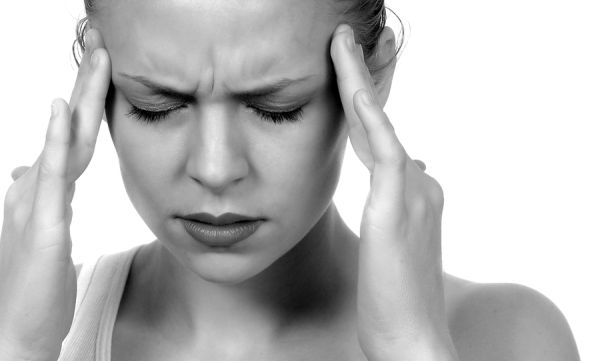
It is important to differentiate the facts from myths in case you are suffering from migraine. An expert medical advice would be always useful to clear many such misconceptions provided. People believe that there is no cause or effective treatment for this disease. Thus, they prefer to live along with it, till it tends to subside on its own. Many myths related to migraine is debunked below.
1. Myth: A migraine is a real bad headache
Fact: Migraine is known to be a neurological disease affecting the central part of your nervous system. Headache pain affects the entire human body while migraine is considered as a head pain alone. With the onset of Migraine you will experience vomiting, nausea, light/sound sensitivity and change in vision too.
2. Myth: A painkiller is good solution for migraine
Fact: Using regular painkillers can prove to be more harmful than having any good effect on your migraine. You will gradually start experiencing many serious drawbacks and side effects in case you get habituated by administering strong antibiotics to treat your migraine problem.
3. Myth: Stress does not trigger migraines
Fact: Stress is known to be the major cause of a migraine. It can either be physical or emotional. During stress, many chemicals are released provoking the vascular changes that ultimately cause a migraine headache. Stress can be in the form of anxiety, shock, worry, fatigue, depression or excitement.
4. Myth: Exercise does not heal or reduce the frequency of migraines
Fact: Many scientists believe that maintaining a regular schedule of an exercise program can effectively reduce migraine. However, there are many chronic migraine sufferers who suffer more sever attack of a headache after a good workout. So the best advice would be to consult a good medical health provider who can estimate the right cause of your migraine and suggest a right exercise for you.
5. Myth: Dietary supplements cannot treat migraine
Fact: A frequent migraine sufferers tend to have a low level of magnesium in their body. Magnesium is known to have a relaxant effect on the body muscles, especially within in the blood vessels. A good supplement of about 500-750 mg can directly increase the level of magnesium within the body to cause reverse the energy crisis as experienced during the migraine attacks.
6. Myth: Migraines are not related to good sleep
Fact: Lack of sleep is one of the causes of migraine. A regular habit to sleep well and getting up at the right time in the morning can maintain a natural circadian rhythm within a human body.
7. Myth: Migraines has no link with exposure to perfumes, smoke or odors
Fact: Many strong vapors and fumes generated from perfumes, waste materials, rotten food items, and chemicals can trigger a migraine headache. In case you are suffering from a chronic migraine, you must avoid visiting smoke filled or poorly ventilated public places.
8. Myth: Migraines is not hereditary
Fact: It is a proven fact that a migraine runs within a family. There are almost 50 to 75% chances of experiencing a migraine in case you have a family history of migraine sufferers.
9. Myth: Migraines is a psychological disorder
Fact: Migraine is the result of many biochemical changes that occurs in the nervous system of a human brain. It has no relation to cause and effect of any psychological disorder in a human.
10. Myth: Migraine is just a bad headache
Fact: Migraine involves symptoms of throbbing, vomiting, nausea, sensitivity to odors, light, sound, and aura, part from visual disturbances in the form of zigzag effects, flashing lights and sometimes even temporary blindness. It lasts from almost 36 to 72 hours and can become more severe, if not treated at the right time.
11. Myth: Migraine is considered as an illness of adults only
Fact: It occurs about 7 to 18% in children especially those who are sensitive and more prone to allergies, odors, smoke and perfumes.
12. Myth: Migraine is referred as women disease related to her PMS
Fact: Migraine occurs both in men and women equally, although a PMS triggers many women with a migraine attack.
A migraine can adversely affect your work, relations and even your social life. Thus, it is very important to understand the whole concept, cause, symptoms and impact of migraines on your body before you proceed to take a right treatment for it and at right time.




